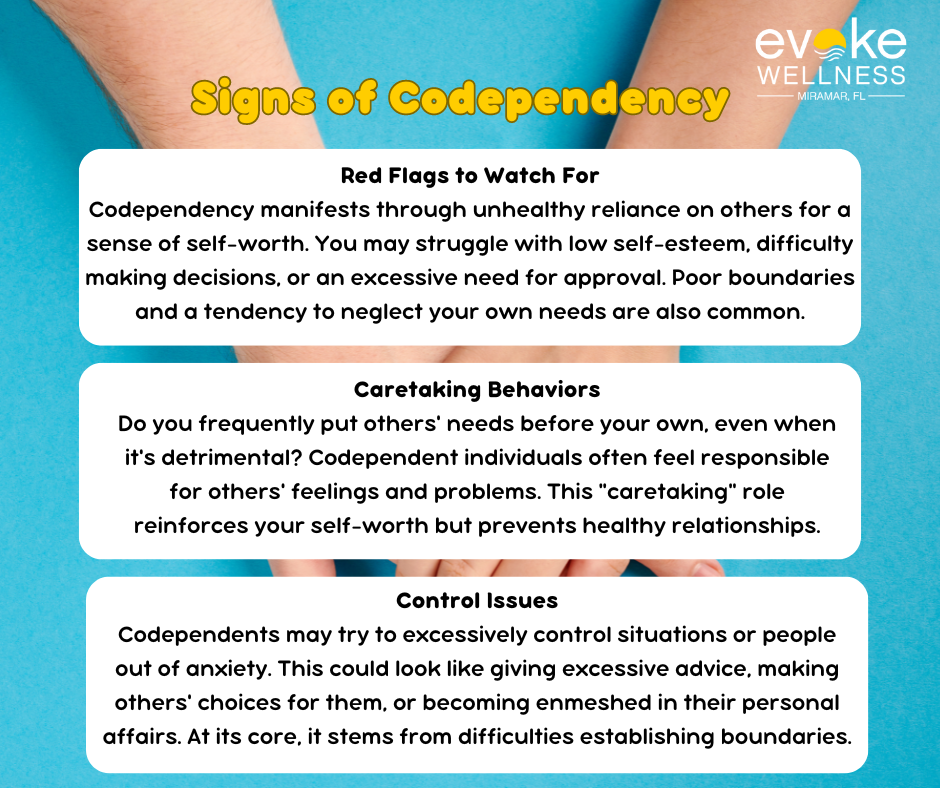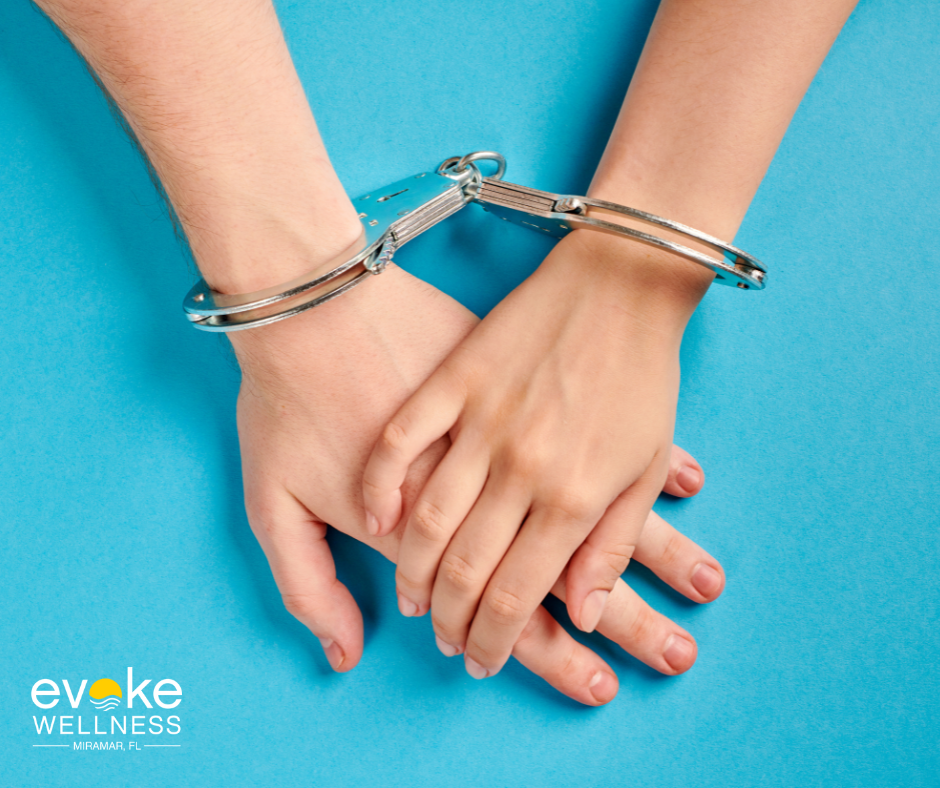As a person struggling with codependency, you know the challenges it can bring. The constant need for approval from others. The fear of abandonment. The difficulty setting healthy boundaries. You want to break free, but don’t know where to start. The good news is there are proven therapies that can help you better understand codependency and begin your recovery journey. In this article, we’ll explore evidence-based treatments like group therapy, individual therapy, family programs, acceptance and commitment therapy, drug rehab programs, and outpatient programs. You’ll learn how each approach can empower you with new coping skills and perspectives. With the right help, freedom from codependency is possible. The first step is educating yourself on your treatment options. Let this guide point you in a hopeful direction.
What Is Codependency?
Unhealthy Relationship Patterns
Codependency refers to an excessive reliance on a partner, friend or family member for approval, identity and self-worth. People struggling with codependency often prioritize the needs of others over their own. This can lead to an unhealthy, one-sided relationship pattern.
Loss of Independence
Codependent behavior stems from low self-esteem, insecurity and control issues. Individuals become so preoccupied with pleasing and helping others that they lose their sense of independence and autonomy. Their thoughts and actions revolve around making the other person happy, even at their own detriment.
Enabling and Enmeshment
Codependent relationships lack clear boundaries. There is an enmeshment of identities, responsibilities and emotions. This dynamic enables harmful behaviors like addiction, poor mental health or abuse. Codependents have trouble accepting the other person’s faults and lapses in personal accountability.
Signs of Codependency
Red Flags to Watch For
Codependency manifests through unhealthy reliance on others for a sense of self-worth. You may struggle with low self-esteem, difficulty making decisions, or an excessive need for approval. Poor boundaries and a tendency to neglect your own needs are also common.
Caretaking Behaviors
Do you frequently put others’ needs before your own, even when it’s detrimental? Codependent individuals often feel responsible for others’ feelings and problems. This “caretaking” role reinforces your self-worth but prevents healthy relationships.
Control Issues
Codependents may try to excessively control situations or people out of anxiety. This could look like giving excessive advice, making others’ choices for them, or becoming enmeshed in their personal affairs. At its core, it stems from difficulties establishing boundaries.

What Causes Codependency?
Childhood Conditioning
Codependency often stems from troubled childhood experiences. If you grew up in a dysfunctional family – with parents battling addiction, mental illness, or abusive behavior – you likely developed codependent traits as a coping mechanism. Seeking approval and trying to “fix” unstable family dynamics often becomes ingrained.
Lack of Self-Identity
People pleasers who struggle to establish boundaries frequently develop codependent patterns. With a fragile sense of self-worth, you may derive value solely from caring for and gaining acceptance from others – at the expense of your own needs.
Trauma and Abuse
Surviving emotional, physical, or sexual abuse can manifest codependent behaviors. Codependents may crave intimacy yet lack confidence, sabotaging relationships by becoming overly needy or controlling. Unresolved trauma leaves them seeking love and validation in unhealthy ways.
Codependency in Relationships
An Unhealthy Dynamic
Codependent relationships are characterized by an excessive emotional or psychological reliance on a partner. This imbalance often stems from low self-esteem or the need to derive one’s self-worth and identity from caring for the other person.
Enabling Behaviors
Codependents frequently enable destructive behaviors in their partner, such as substance abuse, irresponsibility, or disrespect. They may sacrifice their own needs and well-being to satisfy their loved one’s demands or try to “fix” them.
Loss of Boundaries
Healthy boundaries become blurred as codependents enmesh their feelings, thoughts, and behaviors with those of their partner. This loss of autonomy and identity can lead to anxiety, depression, and feelings of powerlessness.
Overcoming Codependency
Recognizing Unhealthy Patterns
Codependency often involves placing others’ needs before your own, inability to set boundaries, and deriving self-worth from relationships. Identifying these tendencies is crucial for recovery.
Developing Self-Awareness
A key step is increasing self-awareness through therapy. Individual and group counseling can help uncover root causes, process emotions healthily, and build self-esteem independent of others.
Establishing Boundaries
Learning to communicate needs assertively yet compassionately allows for healthier connections. Family therapy aids repairing strained bonds by practicing boundary-setting.
Holistic Healing
Complementary treatments like acceptance and commitment therapy (ACT) cultivate mindfulness and values-based living. Wellness activities nurturing the mind-body connection further codependency recovery.
Codependency Treatment at Evoke Wellness
At Evoke Wellness, we offer a comprehensive range of therapies to help individuals overcome codependency and cultivate healthier relationship dynamics. Our evidence-based approach combines individual and group counseling sessions tailored to your unique needs.
Holistic Healing Journey
We understand that codependency often stems from deep-rooted emotional patterns. Through our integrative programs, you’ll embark on a transformative journey of self-discovery and personal growth. Our compassionate therapists guide you in exploring the root causes of codependent behaviors, fostering self-awareness, and developing coping strategies for lasting change.
Family-Inclusive Support
Recognizing the profound impact of codependency on family dynamics, we offer a dedicated family program. This inclusive approach empowers loved ones to understand the complexities of codependency, facilitating open communication and fostering a supportive environment for healing and recovery.
Acceptance and Commitment Therapy (ACT)
Our skilled therapists incorporate Acceptance and Commitment Therapy (ACT), a mindfulness-based approach that helps individuals cultivate psychological flexibility. Through ACT, you’ll learn to embrace your thoughts and emotions without judgment, while committing to values-driven actions that align with your authentic self.
FAQ on Codependency Treatment
What is codependency therapy?
Codependency therapy helps individuals recognize and change unhealthy patterns of relating to others. It teaches skills for developing healthier relationships, boundaries, and self-care practices.
How long does treatment take?
Treatment length varies based on individual needs. Some find relief after several months, while others require a year or more of consistent therapy. Progress depends on commitment to the process.
What types of therapy treat codependency?
Effective therapies include cognitive behavioral therapy (CBT), dialectical behavior therapy (DBT), and family systems approaches. Group therapy provides peer support and skill-building opportunities.
Does insurance cover codependency treatment?
Many insurance plans cover mental health treatment for codependency when it’s considered a medical necessity. Coverage details vary, so give us a call today at (833) 819-6066.
Conclusion
In summary, understanding codependency and seeking effective treatment can help you reclaim your sense of self and build healthier relationships. While the road to recovery may feel daunting, you have many options for therapy that can provide the support and tools needed to overcome codependent patterns. By engaging in group sessions, individual counseling, family programs, and targeted modalities like ACT, you can identify core issues driving your codependency and make meaningful changes. It’s important to choose a comprehensive treatment program to address all aspects of your wellbeing. With professional help and dedication to your recovery, you can gain new insights into your thoughts, feelings and behaviors while cultivating self-love and personal autonomy. The possibilities for growth and fulfillment are within your reach.
Begin Your Journey with Evoke Wellness at Miramar
If you or a loved one is considering outpatient treatment, Evoke Wellness at Miramar invites you to contact us. Our compassionate team is ready to answer your questions, discuss your needs, and help you take the first steps toward recovery. In Miramar, you’ll find more than just a treatment program – you’ll discover a community dedicated to your wellness and success. Together, let’s embrace the journey to recovery and the promise of a new beginning. Call us at (833) 819-6066 today or reach out online.


